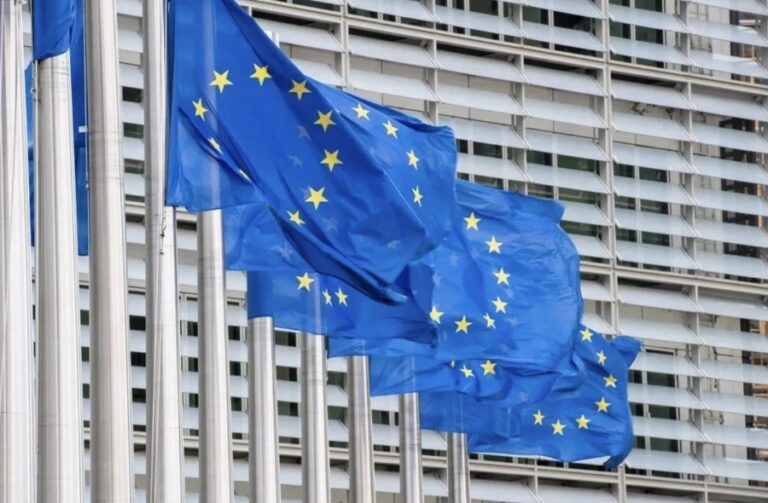EU's Milestone in Hydrogen Framework for Low-Carbon Future
Key Ideas
- The European Commission has finalized a low-carbon hydrogen methodology to complement existing frameworks, advancing decarbonization efforts in sectors like aviation and shipping.
- Hydrogen and related fuels must achieve a 70% GHG emission savings threshold compared to fossil fuels to be considered low carbon, promoting diverse production methods like CCUS and renewable electricity.
- Future plans include assessing alternative energy pathways' impact and launching a consultation on power purchase agreements for nuclear energy in 2026, ensuring clarity for low-carbon hydrogen production.
- Commissioner Dan Jørgensen emphasized the crucial role of hydrogen in decarbonizing the economy and supporting competitiveness and climate goals, reflecting a positive outlook for the hydrogen sector.
The European Commission has reached a significant milestone by adopting a greenhouse gas emission methodology for low-carbon hydrogen and fuels, marking the completion of the EU's regulatory framework for hydrogen. This new methodology will complement existing frameworks for renewable hydrogen and renewable fuels of non-biological origin, enabling the decarbonization of sectors where electrification is currently not feasible, such as aviation, shipping, and certain industrial processes. To qualify as low carbon, hydrogen and related fuels must achieve a substantial 70% greenhouse gas emission savings compared to unabated fossil fuels, allowing for various production methods including using natural gas with carbon capture, utilization and storage (CCUS), and low-carbon electricity sources.
The European Commission plans to evaluate the impact of alternative energy pathways and initiate a public consultation on power purchase agreements for nuclear energy in 2026 to ensure a level playing field and emission savings. The recent Act will be transmitted to the European Parliament and Council for scrutiny, aiming to provide certainty for investors and drive growth in the hydrogen sector. Commissioner Dan Jørgensen highlighted the pivotal role of hydrogen in decarbonizing the economy, promoting competitiveness, and achieving climate objectives. Despite concerns from industry groups regarding the feasibility of the energy pathway, the positive sentiment surrounding the adoption of the Act signifies a significant step towards a low-carbon future.
Topics
Aviation
Decarbonization
Low-carbon
Investors
Greenhouse Gas Emissions
Regulatory Framework
European Commission
Climate Objectives
Energy Mix
Latest News
